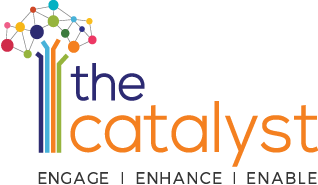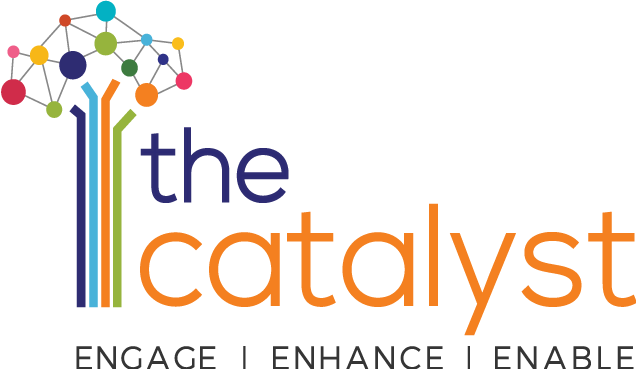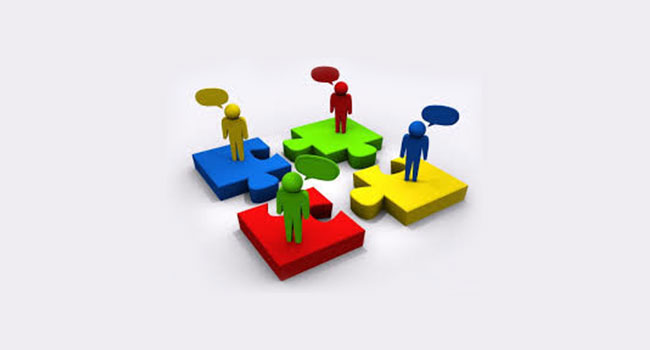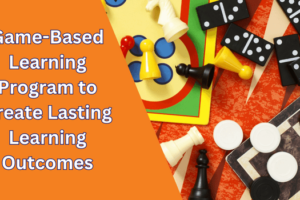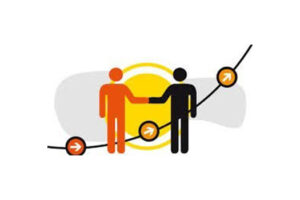This is a blog that has been on my mind for several weeks now. As I move deeper into game based learning modules and meet more and more facilitators and experience more and more game based programs, I have observed that the success of a game hinges to a large extent on the debrief that follows it. Many very well designed games fall flat on the ground as the post-game learning review is not insightful and meaningful for participants. Similarly, very simple games and activities turn out to be very successful based on the power of the learning review that follows them.
So, what makes a learning review or a debrief powerful? My attempt in this blog is to share my ideas with fellow facilitators and also with L&D professionals who evaluate game based programs for their organizations to enable them to make more informed choices.
I have structured my blog into 5 main points pertaining to power debriefs after a well-designed game or activity. Here goes –
Starting a learning review:
The start of a learning review discussion is a crucial juncture. Remember, most of your participants have been in the active-brain mode during the game and would be full of energy and excitement. It is important to channelize this energy in a positive manner. Celebrate the winners, not just as the ones who won the game but as those who have learnt something meaningful. Ask them questions around three aspects
- Facts (who won, by what margin, using what strategies)
- Feelings (how are you feeling, how did your feelings change as the game progressed)
- Experiences (what did you experience as a game player and as a learner, what did you miss experiencing).
It’s important to ask powerful questions to get their brains into a more reflective mode.
Considering game player types:
Once the group has been geared into a more reflective mode, it is important to share a personal review sheet and give them some quiet time to reflect. Remember, there are different game player types – achievers, killers, explorers and socialisers (Bartle’s game player types) and not all of them may be vocal in a group review session. Some may need to reflect and assimilate more or some may simply be shy of sharing openly. A personal review sheet allows for all game players to reflect and assimilate in order to concretise their learning and get prepared for more experimentation and application of the learning during the rest of the program.
Structuring the learning review:
The personal review sheet and the subsequent group discussion based on the same is a pretty crucial document that needs some solid designing so it is aligned to all types of learners. Further, targeted learning outcomes should be central to the design of this document at every stage. I like to keep it short with 5-8 meaningful questions. Depending on the audience type, the type of questions may be
- Text based (allowing for 50-100 word answers)
- Rating scale based (e.g. I felt listened to when I shared ideas with my group.)
- Yes/ No or agree/disagree (e.g. I felt winning was more important than collaborating)
A combination of all three types is also a good idea.
Further, there need to be questions allowing for all player types to express themselves adequately.
- Achievers and Killers feel the need to express their strategy which allowed them to win. A question like – ‘What enabled you to win this game?’ Is a great one for them to answer.
- Socialisers feel the need to express their interaction with others during the game. A question like – ‘Cite examples of most productive and unproductive interactions you had with others during the game’ is a great one for them to start mulling upon.
- Explorers feel the need to analyze the mechanics and stages of the game. A question like – ‘What advise would you give to another participant who is about to play the game?’ would get them thinking hard.
A personal review time must be followed by a group review time where top 3-4 questions get answered in a group with specific probing by the facilitator.
What to moderate and what not to:
The group review is the time when the skills of the facilitator are most crucial. The facilitator at this stage needs to be aware of the overall mood of the group. The observation skills of the facilitator during the game come to the fore here too so he can probe more deeply based on observed behaviours. I have seen successful facilitators moderate the junk effectively and bring to the fore those questions which are directly linked to powerful learnings.
What needs constant moderation are too many celebratory remarks by winners, too much focus on facts, too many ‘what’ happened questions as opposed to ‘how’ or ‘why’ it happened. Personal remarks and blame gaming need moderation too but there should be no attempt to brush issues under the carpet. Instead a constant focus on ‘what did that enable you to learn’ is important.
Further, a constant attempt to related game behaviors to actual workplace behaviors is critical. It is important to cite real work-life examples, elicit responses to questions like ‘when did you experience this at the work place’ to make the learning relevant and applicable for participants.
Closing a learning review discussion:
The closing section of the learning review is the time when learnings get transferred to the workplace as questions or actions to be taken. The number of actions to be taken is not as relevant, the impact of those actions would be. An example of a logical set of sequential observations is –
- Behaviour observed in game: You observed your ideas being ignored by others during the game.
- Related workplace behavior: This seems to happen during your weekly review calls as well.
- New action and its impact: If you could have your ideas heard, you can build a better perception and improve output for your project team.
- What needs to be done: Maybe you can practice assertive behavior
The participant immediately opens up to new learnings as he/she can see its immediate applicability at the workplace and the impact it can have and thus is in the right frame of mind to learn with an open mind – just the right place to have your participants as a facilitator and to launch into the rest of the session.
I hope these ideas and learnings are useful for facilitators who have been working with experiential learning formats. I am keen to hear more ideas that can make facilitation experience more meaningful for learners and facilitators alike.
